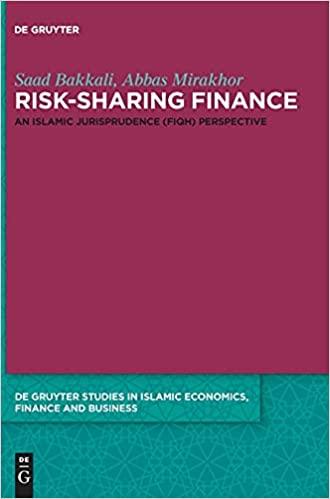Question
You have to decide whether to invest $100 in a friend's enterprise, where in a year's time the money will increase to $130. You have
You have to decide whether to invest $100 in a friend's enterprise, where in a year's time the money will increase to $130. You have agreed that your friend will then repay you $120, keeping $10 for himself. But instead he may choose to run away with the whole $130. Any of your money that you don't invest in your friend's venture, you can invest elsewhere safely at the prevailing rate of interest r, and get $100(1 + r) next year.
(a) Draw the game tree for this situation and show the rollback equilibrium. [3 points]
Next suppose this game is played repeatedly infinitely often. That is, each year you have the opportunity to invest another $100 in your friend's enterprise, and the agreement is to split the resulting $130 in the manner already described. From the second year onward, you get to make your decision of whether to invest with your friend in the light of whether he made the agreed repayment the preceding year. The rate of interest between any two successive periods is r, the same as the outside rate of interest and the same for you and your friend.
(b) For what values of r can there be an equilibrium outcome of the repeated game, in which each period you invest with your friend and he repays as agreed? (Hint: Consider whether a grim strategy will work.) [4 points]
(c) If the rate of interest is 10% per year, can there be an alternative profit splitting agreement, which is an equilibrium outcome of the infinitely repeated game, where each period you invest with your friend and he repays as agreed? [4 points]
Step by Step Solution
There are 3 Steps involved in it
Step: 1

Get Instant Access to Expert-Tailored Solutions
See step-by-step solutions with expert insights and AI powered tools for academic success
Step: 2

Step: 3

Ace Your Homework with AI
Get the answers you need in no time with our AI-driven, step-by-step assistance
Get Started


